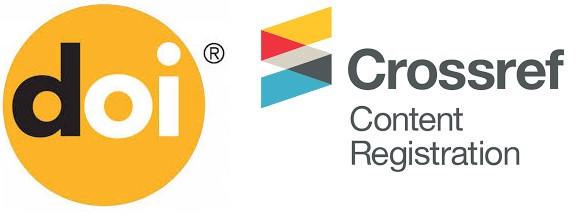Studies and researches
Vol. 8 Issue 1 - 6/2016
The Case of “EMU-Outsiders”: Economic and Political Considerations
Our paper discusses the option of three EU countries – United Kingdom, Sweden and Denmark – of not joining the EMU and analyses whether besides their subjective option of staying out of the EMU there is also an economic reason behind this decision, based on existing literature in the field. The three “EMU-outsiders” are different in terms of economic power, financial market attributes, monetary policy rules employed and political decisions. In each case, the choice to remain outside EMU was based on economic reasons, as well as political and sometimes nationalist arguments. Of the three countries under scrutiny, Denmark is by far the one which has the best prospects of joining EMU, given its fixed exchange rate against the Euro, and United Kingdom the worst, particularly given the recent vote for Brexit. At the same time, the sovereign debt crisis that the EU and particularly the EMU had to confront between 2009 and 2011 has seriously threatened the eventual adoption of the common currency by these economies.
Read more
Keywords:
European Monetary Union (EMU), Denmark, Sweden, United Kingdom, Brexit
JEL:
F33, F36, F45
European Monetary Union (EMU), Denmark, Sweden, United Kingdom, Brexit
JEL:
F33, F36, F45














